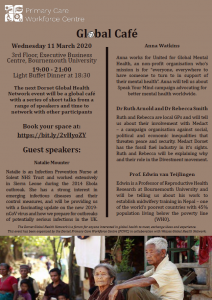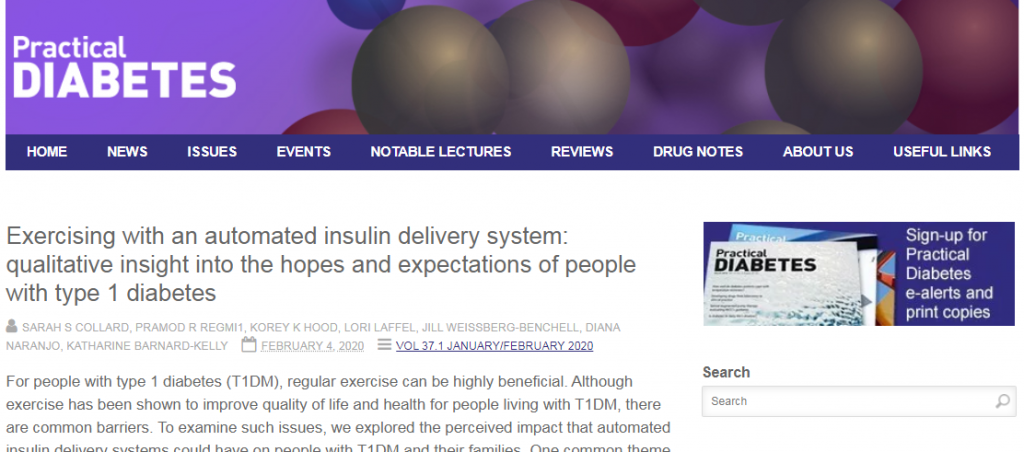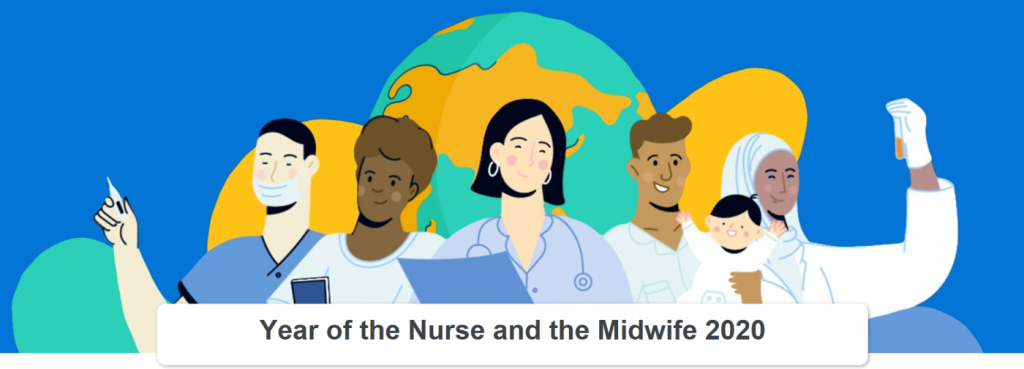To mark World Cancer Day, patient advocate Richard Stephens has shared his experience about the importance of incorporating good public involvement in cancer research.
The blog post has been published on the Health Research Authority (HRA) website here and details Richard’s journey first as a clinical trial participant to his role as a patient advocate. He has worked on patient advisory groups and various committees to help improve the information given to participants so they can fully understand the implications of their involvement in clinical research.
‘My first trial involved testing a new chemotherapy drug against standard treatment. I asked to be “randomised” to the new drug. I hadn’t understood what was meant by ‘randomised’ trial. My consultant told me later that she thought I had been joking when I’d asked for the new drug. But the randomisation did put me on it anyway, which was what I thought I’d consented to….
My own misunderstanding made me wonder why patients weren’t involved in writing the information that would be given to other patients.‘
There is guidance published on ‘PPI’ (Patient and Public Involvement) here on the Clinical Governance blog which incorporates guidance available from the HRA website and the National Institute for Health Research’s site.
Conducting PPI is a good way to seek the opinions and recommendations of the public, and can help to ensure that your study is designed and set-up in a way that will be relevant to participants, and of good quality. PPI can also help to avoid any setbacks once the project is underway.
‘Every year more patients are taking part in clinical trials. Evidence shows that cancer patients who take part in clinical research are more likely to report higher levels of satisfaction with their overall care, and are more likely to have better outcomes in research-rich hospitals, even if they don’t take part in trials themselves.
Research participation is good for patients, patient involvement is good for research, and good research produces better treatments and care for all of us.’
Remember that support is on offer at BU if you are thinking of introducing your research ideas into the NHS – email the Research Ethics mailbox, and take a look at the Clinical Governance blog.
 Congratulations to Dr. Preeti Mahato in the Centre for Midwifery, Maternal & Perinatal Health (CMMPH) on the acceptance of her latest academic paper in the journal Sexual & Reproductive Healthcare. [1] Contraceptive use is one of the most effective methods for reducing the number of pregnancies and thus benefiting the health and survival of women and children, especially in low-income countries such as Nepal. Increased contraceptive use and thus decreased fertility results in decreased obstetric risk mainly by reducing unwanted pregnancy in women with high parity. This paper reports of factors that act as barriers to contraceptive use or that act as facilitators of its use.
Congratulations to Dr. Preeti Mahato in the Centre for Midwifery, Maternal & Perinatal Health (CMMPH) on the acceptance of her latest academic paper in the journal Sexual & Reproductive Healthcare. [1] Contraceptive use is one of the most effective methods for reducing the number of pregnancies and thus benefiting the health and survival of women and children, especially in low-income countries such as Nepal. Increased contraceptive use and thus decreased fertility results in decreased obstetric risk mainly by reducing unwanted pregnancy in women with high parity. This paper reports of factors that act as barriers to contraceptive use or that act as facilitators of its use.






















 From Sustainable Research to Sustainable Research Lives: Reflections from the SPROUT Network Event
From Sustainable Research to Sustainable Research Lives: Reflections from the SPROUT Network Event REF Code of Practice consultation is open!
REF Code of Practice consultation is open! BU Leads AI-Driven Work Package in EU Horizon SUSHEAS Project
BU Leads AI-Driven Work Package in EU Horizon SUSHEAS Project ECR Funding Open Call: Research Culture & Community Grant – Apply now
ECR Funding Open Call: Research Culture & Community Grant – Apply now ECR Funding Open Call: Research Culture & Community Grant – Application Deadline Friday 12 December
ECR Funding Open Call: Research Culture & Community Grant – Application Deadline Friday 12 December MSCA Postdoctoral Fellowships 2025 Call
MSCA Postdoctoral Fellowships 2025 Call ERC Advanced Grant 2025 Webinar
ERC Advanced Grant 2025 Webinar Update on UKRO services
Update on UKRO services European research project exploring use of ‘virtual twins’ to better manage metabolic associated fatty liver disease
European research project exploring use of ‘virtual twins’ to better manage metabolic associated fatty liver disease